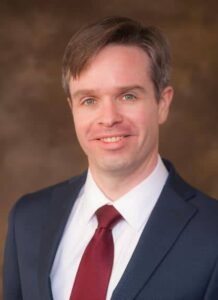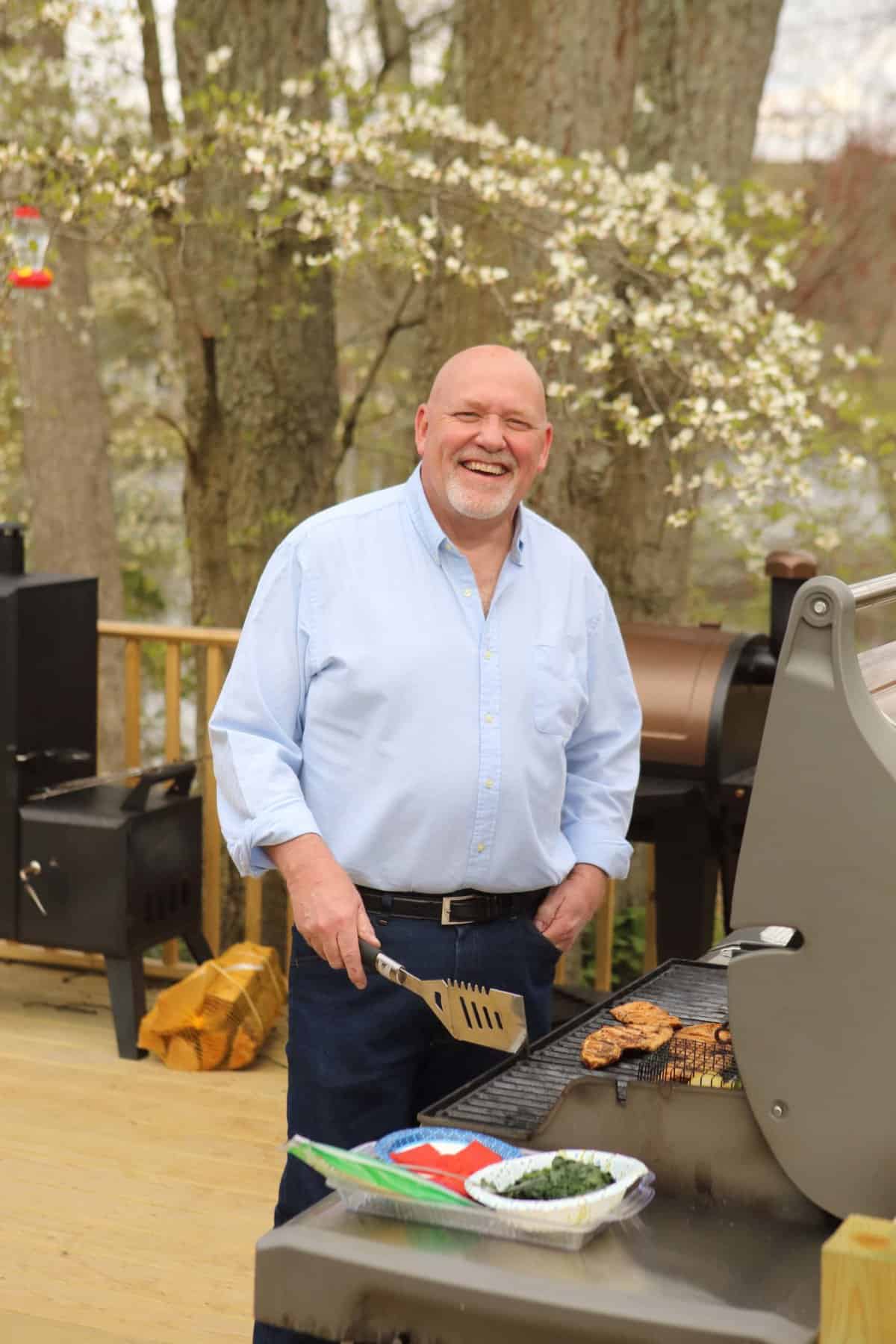Byline: CentraState
As a paramedic who worked at Ground Zero on 9/11, Daniel Frazier knows all too well about survivor’s guilt and how PTSD can affect EMS workers—and has even lectured often on the subject. To deal with the stress related to this experience in his own life, he frequently used food as a source of comfort. He knew he’d gained weight over the years, but the toll it was taking didn’t become evident until he was on a conference call with colleagues. Someone in the group asked him to mute his phone because they couldn’t hear the person talking over Daniel’s heavy breathing.
“That was the last straw,” says the 57-year-old from Browns Mills, recounting how a series of work-related injuries had left him on desk duty and unable to exercise. “I had been in shape. I had been on SWAT teams. No one tells you you’re gaining weight. It was literally a wake-up call.”
In three years, Daniel put on 150 pounds. With the added weight, he was often short of breath and needed a continuous positive airway pressure (CPAP) machine to enable him to sleep.
“I couldn’t do yard work or climb a ladder,” Daniel says. “I couldn’t walk far and wasn’t sleeping well. I was miserable.”
Lasting Results Require Lifelong Changes

Daniel’s mother-in-law suggested that he see board-certified bariatric surgeon Val Prokurat, MD, DO. Dr. Prokurat talked with him about the surgery and the changes Daniel would need to make to lose weight safely. To ensure he’d be able to commit to a healthier lifestyle, Daniel ate a low-carbohydrate diet leading up to his surgery, losing 30 pounds.

He had robotic gastric sleeve surgery with Dr. Prokurat and his partner, Michael Kammerer, MD, in November 2020 at the Bariatric Center at Centrastate, a Center of Excellence in Metabolic and Bariatric Surgery accredited by the nonprofit Surgical Review Corp. A portion of Daniel’s stomach was removed, leaving a smaller stomach in the shape of a sleeve that restricts the amount of food he can eat. The portion of the stomach that is removed is also responsible for the production of hunger hormones, so Daniel feels less hungry. Because the procedure was performed robotically, Daniel experienced less pain and recovered quicker than if he had traditional surgery. He was back to work a week later.
“Bariatric surgery isn’t a silver bullet,” explains Dr. Prokurat. “Success requires discipline. You must build new habits and change your lifestyle, but we help and support our patients along the way.”
Daniel is now more than 100 pounds lighter. In addition to sticking to a healthy eating plan and working light exercise into his daily routine, he attends a monthly bariatric support group that combines educational lectures with personal reflections. He still speaks about recognizing and recovering from PTSD—now with an even more personal perspective. And, he has forged a new love of food, making and sharing healthy recipes with friends.
“Losing weight has added energy to my life,” says Daniel. “I’m the person I want to be now. It’s been a complete life changer.”
For more information about the Bariatric Center at CentraState Medical Center or to register to attend a free virtual information session on bariatric surgery, visit centrastate.com/bariatrics or call 866-CENTRA7 (866-236-8727).

